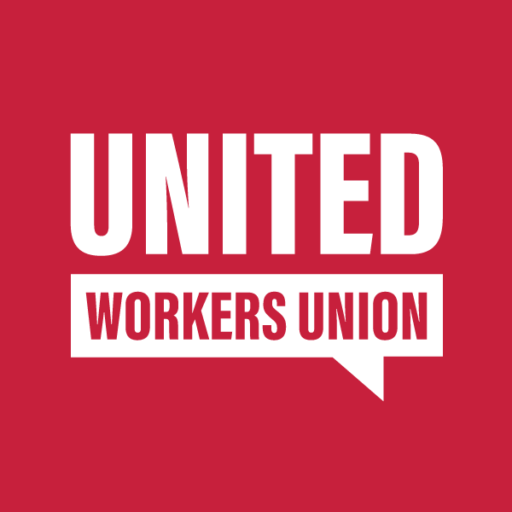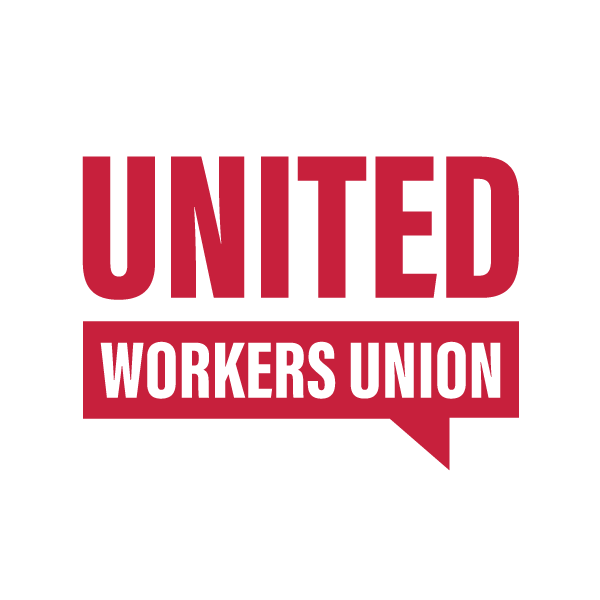First Nations lore provides the framework for First Nations cultures and how society is managed and maintained.
“[Lore] sets boundaries and determines acceptable and unacceptable behaviour, and guides the majority of our morals and values” [1]
Traditionally, if people ever had to cross on to neighbouring lands, they would first seek permission. If granted, a ceremony would take place to grant the travellers safe passage whilst on their land. This ceremony was also when the lores of the land would be explained, as well as the consequences for breaking them.
Today, this practice has evolved into what we now know as a Welcome to Country. The practice of acknowledging Country has also developed as our traditions have adapted to modern times.
In Aboriginal and Torres Strait Islander cultures, the meaning of Country is more than just ownership or connection to land, as Professor Mick Dodson explains:
“When we talk about traditional ‘Country’…we mean something beyond the dictionary definition of the word.
For Aboriginal Australians…we might mean homeland, or tribal or clan area and we might mean more than just a place on the map.
For us, Country is a word for all the values, places, resources, stories and cultural obligations associated with that area and its features. It describes the entirety of our ancestral domains.
While they may all no longer necessarily be the title-holders to land, Aboriginal and Torres Strait Islander Australians are still connected to the Country of their ancestors and most consider themselves the custodians or caretakers of their land[2].”
Acknowledgement of Country
Why do we do it?
The meaning of Country includes land, sea, skies and animals, as they are important in the Songlines and Dreaming of First Nations peoples.
The United Workers Union encourages all of its offices, committees and members to acknowledge the Traditional Owners of the country on which they stand and/or conduct meetings.
This acknowledgement recognises the unique position of First Nations peoples in the culture and history of Australia as the Traditional Owners.
It is important that their unique position is recognised and incorporated into official protocol to enable the wider community to share in First Nations cultures and to encourage better relationships between First Nations peoples, and the wider community.
Acknowledgements
The following are suggestions on acknowledging Traditional Owners at meetings
Where the names of the Traditional Owners have been officially determined:
“We acknowledge the Traditional Owners, the [name of the group] people, and pay our respects to their Elders past, present and future and thank them for their continued custodianship of Country and culture.”
Where the names of the Traditional Owners are yet to be officially determined:
“In opening this [name of meeting] we acknowledge the Traditional Owners on whose country this meeting takes place and pay our respects to their Elders past, present and emerging and thank them for their continued custodianship of Country and culture.”
Engaging with First Nations Communities:
where do we start?
1. Make contacts with your local First Nations community
If you do not have any contacts or direct links with your local First Nations community, a good starting point is to contact either the Local Aboriginal Land Council (LALC) or community organisations such as the Aboriginal Medical Service, Aboriginal Housing Cooperatives, Aboriginal Legal Services etc.
2. Find out who the Traditional Custodians of your area are and the language spoken
Making contact with the LALC should help with finding out the Traditional Custodians of your area. They could assist with finding someone to do a Welcome to Country.
Your local council may also have this information.
To access an Aboriginal map of nations go to: www.aiatsis.gov.au/asp/map.html
3. Find out what land or nations with which your members are connected:
Members are connected to family, a culture, the land, water and the wider community before they are born.
So it is important for the Union to develop relationships and discuss with the members what land or nation their family has connections with. This will create a greater sense of belonging for members and families.

